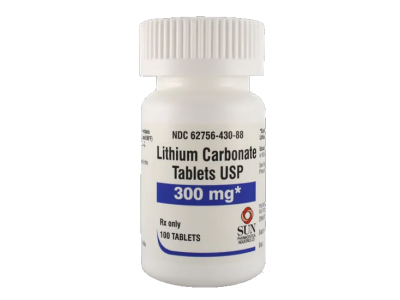Tapering off lithium, particularly at a dose of 150mg, should be approached with caution and under the close supervision of a healthcare provider. Lithium is commonly prescribed for bipolar disorder and other mood disorders, and discontinuing it abruptly can lead to a relapse of symptoms or withdrawal effects. The process typically involves gradually reducing the dosage over a period to allow the body to adjust and to monitor for any resurgence of symptoms. The specific tapering schedule can vary depending on individual factors such as the duration of lithium use, the individual's response to dose changes, and their overall mental health stability.
Also read online farmacia italy.
Your healthcare provider may recommend reducing the dose by small increments, such as 25-50mg at a time, and maintaining the new dose for a few weeks before making further reductions. This slow and steady approach helps minimize the risk of mood instability or other side effects. During this period, regular check-ins with your healthcare provider are essential to assess your mental health status and to make any necessary adjustments to the tapering schedule.
It is also important to maintain a healthy lifestyle during the tapering process. This includes adhering to a regular sleep schedule, managing stress, engaging in physical activity, and maintaining a balanced diet. These factors can support mental well-being and help mitigate any potential withdrawal effects.
In addition, if you experience any troubling symptoms such as severe mood swings, depression, or anxiety, you should contact your healthcare provider immediately. They may need to adjust the tapering plan or provide additional support to manage these symptoms. Gradual tapering with medical supervision is the safest way to discontinue lithium while minimizing risks to your mental health.
